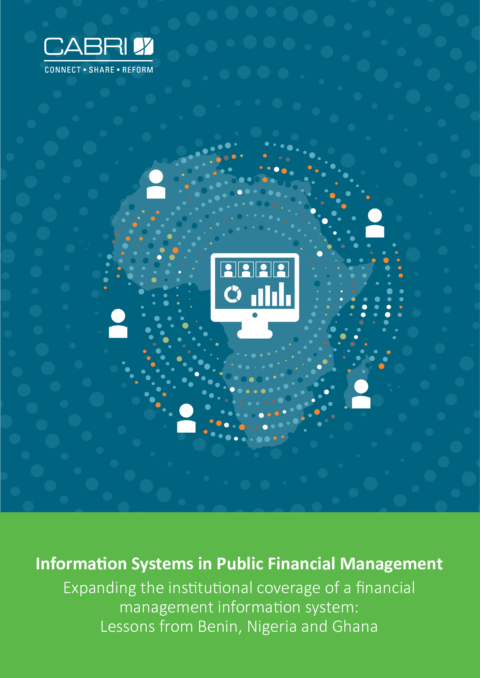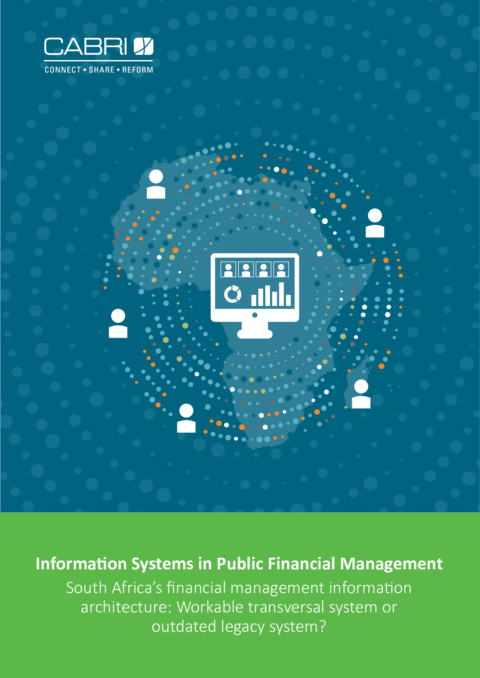In a crisis, Public Financial Management (FPM) systems must facilitate rapid reallocation, disbursement, and efficient and effective utilisation of funds, while ensuring transparency and accountability. Financial Management Information Systems (FMIS) have the potential to increase efficiency, effectiveness, and equity in governments’ responses to COVID-19.
However, they also may prove a stumbling block if they do not facilitate adequate flexibility, timeous responses, or if officials do not have incentive or capability to run all transactions through the FMIS.
On July 2, CABRI brought together officials from ministries of finance across the continent to share challenges and lessons learnt using information systems during crises.
The agenda was as follows:
- Financial management information systems in Africa by Danielle Serebro, Senior PFM Specialist, CABRI
- Do financial management information systems provide useful information during a health crisis and are they sufficiently flexible? by Mr Thierno Amadou Bah, Head of Division of the Budget Synthesis, National Budget Directorate, Ministry of Economy and Finance, Guinea
- Maintaining treasury operations and ensuring business continuity from a distance by Mr Placide Mukwende, IFMIS IFMIS Coordinator, Ministry of Finance and Economic Planning, Rwanda
- Supporting COVID-19 transparency and accountability efforts through information systems by Ms Lorena Rivero del Paso, Manager for Technical Cooperation and Collaboration, Global Initiative for Fiscal Transparency
Discussant: Mr Hennie Swanepoel, Chief Director of Data Analysis, Budget Office, National Treasury of South Africa

